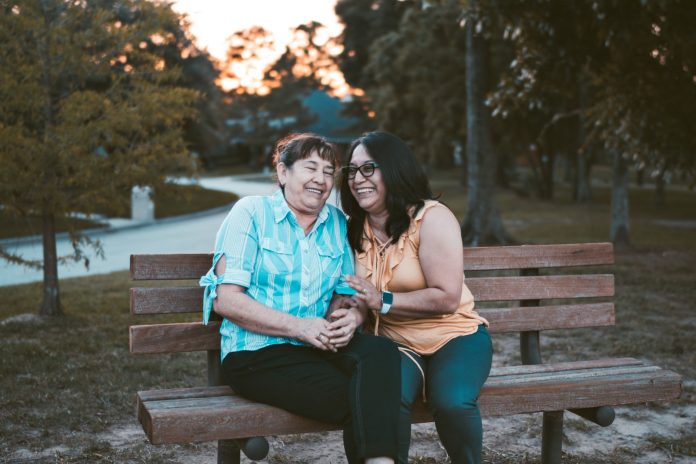At some point in life, you and your parents start to change roles. Instead of receiving care, you become a caregiver. That is a big responsibility, and it is one you don’t want to take lightly. Learning how to protect your loved ones at every life stage will not only help them, but it will also provide you peace of mind that you are doing everything you can to keep them safe.
Help Them Set Up a Financial Plan
Estate planning is not something to be taken lightly. Even if your loved ones don’t have a huge nest egg, they should still take steps to protect their assets and ensure they are cared for. Savings and other sources of income are only one aspect of finances that need to be considered. Insurance can play a major role in financial stability. A few policies that should be part of any financial strategy for retirement include:
- Life insurance to cover final expenses and provide for family members
- Long term care insurance to offset in-home or residential care services
- Health and dental coverage
Thoroughly Investigate any Care Facilities
Even if the plan is for your loved one to stay at home as long as possible, there is a chance that they will need to go into a skilled nursing or assisted living facility. Unfortunately, there is a high rate of turnover in these types of facilities that can increase the chances of abuse taking place. You should always research each facility under consideration, weighing the quality of care against other factors such as proximity to yourself or other family members and costs. Your work doesn’t end when you choose a housing solution for your loved one, however.
Acquaint yourself with staff so they know you are monitoring the care provided at the facility If you spot any signs of abuse or neglect, document it and seek a remedy immediately. There are professionals who specialize in nursing home abuse cases. Seek out a poor hygiene attorney who can help you navigate the complexities of reporting elder abuse.
Educate Them About Scams
Older adults are targeted by scammers at an alarming rate. They may be isolated and easily confused, especially by modern technology. Scammers use that to their advantage and can quickly make off with a substantial amount of money. Even worse, many are able to get sensitive information and steal the identity of seniors who have worked hard for years to build their creditworthiness. While you may not be able to protect them from every opportunist out there, you can take steps to protect them from many of the most common types of scams.
Encourage Healthy Behaviors
Retirement isn’t all doom and gloom. In fact, it is a great time for many adults. You can extend those good times by encouraging healthy behaviors such as maintaining activity levels and eating right. Nutritional needs change as people age, and those changes must be taken into consideration when planning for a healthy diet. Limiting high-fat foods, especially those with lots of saturated fats, can increase heart health. A plant-based diet provides ample amounts of fiber to support weight management goals, boost gut health and help keep blood sugar regulated. Look at recipes from the DASH and Mediterranean diets. Both are consistently ranked among the best diets for healthy eating, and most dishes can be made with commonly available ingredients.
Provide Opportunities for Engagement
Cognitive and emotional health deserve attention too. Seniors need to remain engaged throughout their retirement years. Encourage them to pursue interests or revisit an old hobby they haven’t practiced in a while. If that doesn’t seem to work, help them discover new interests and hobbies. Senior and community centers can offer plenty of peer interaction to stave off loneliness.
As your loved ones grow older, you may find yourself more and more in charge of their care. Keep them safe and protected by encouraging healthy behaviors and social engagement, guarding them against scams and ensuring they have safe and appropriate care at every stage of retirement.
























